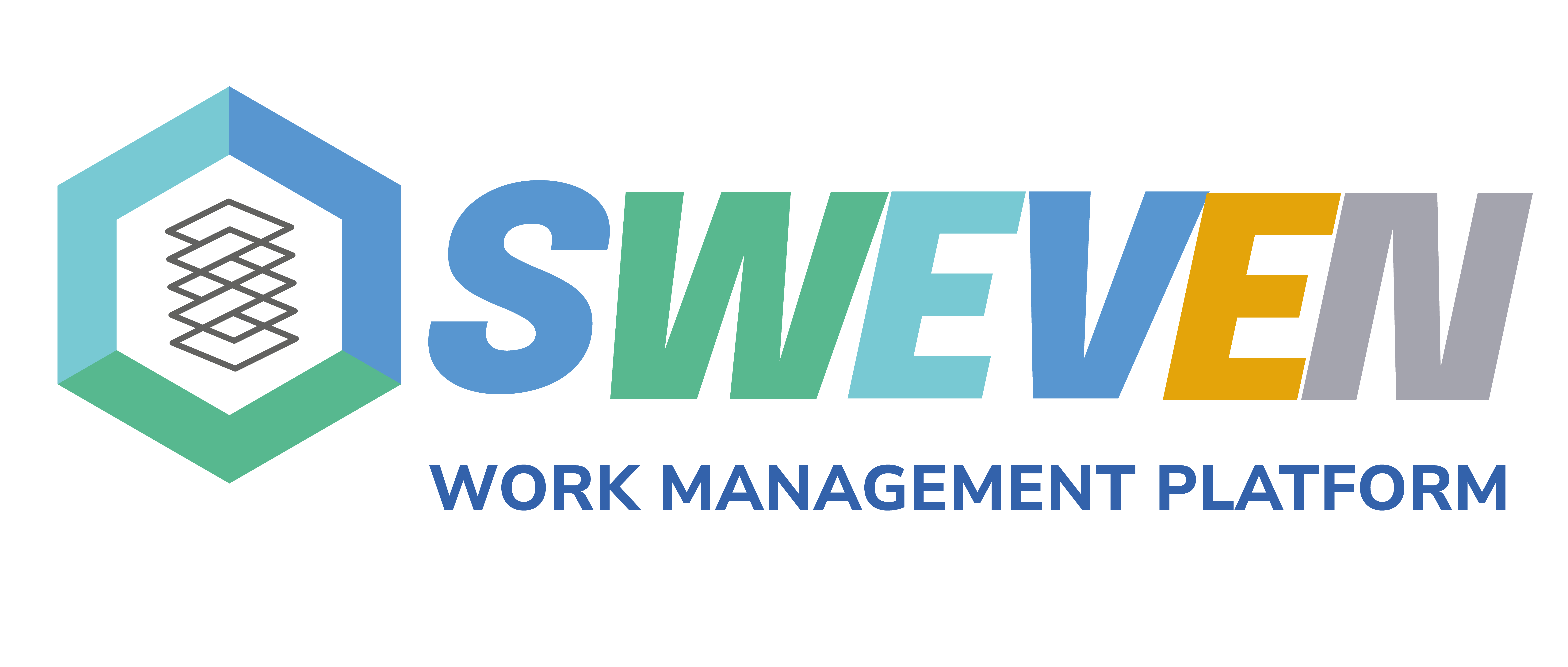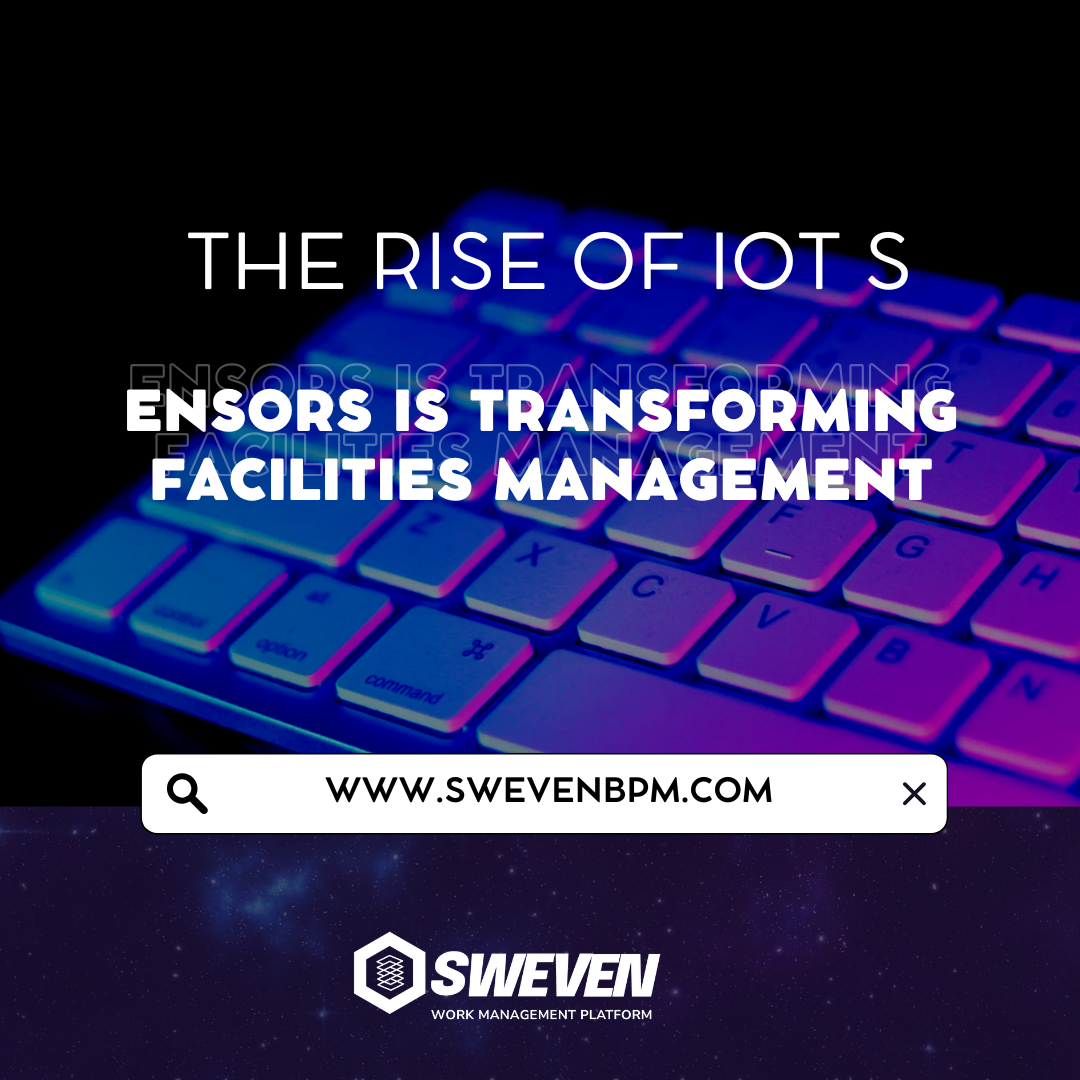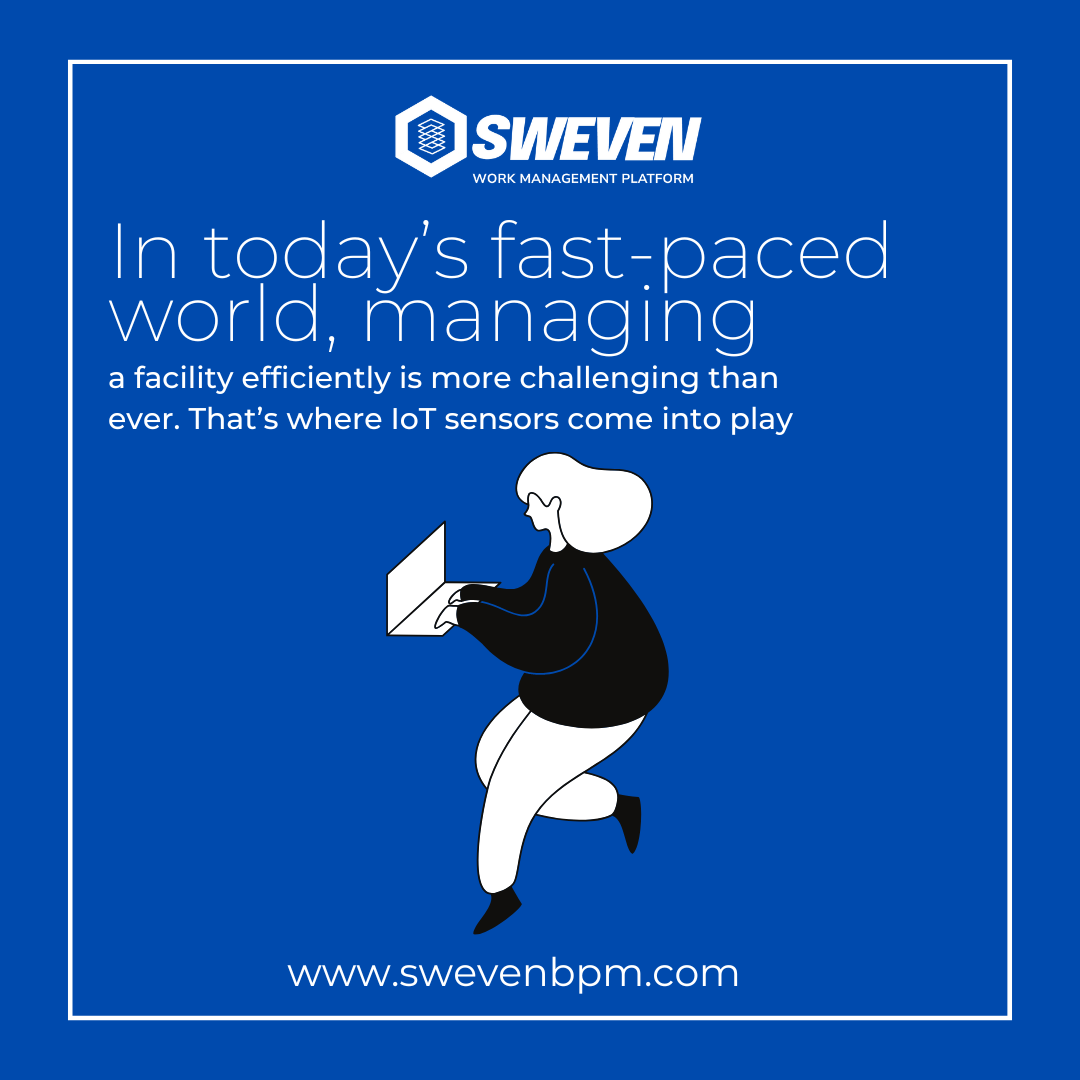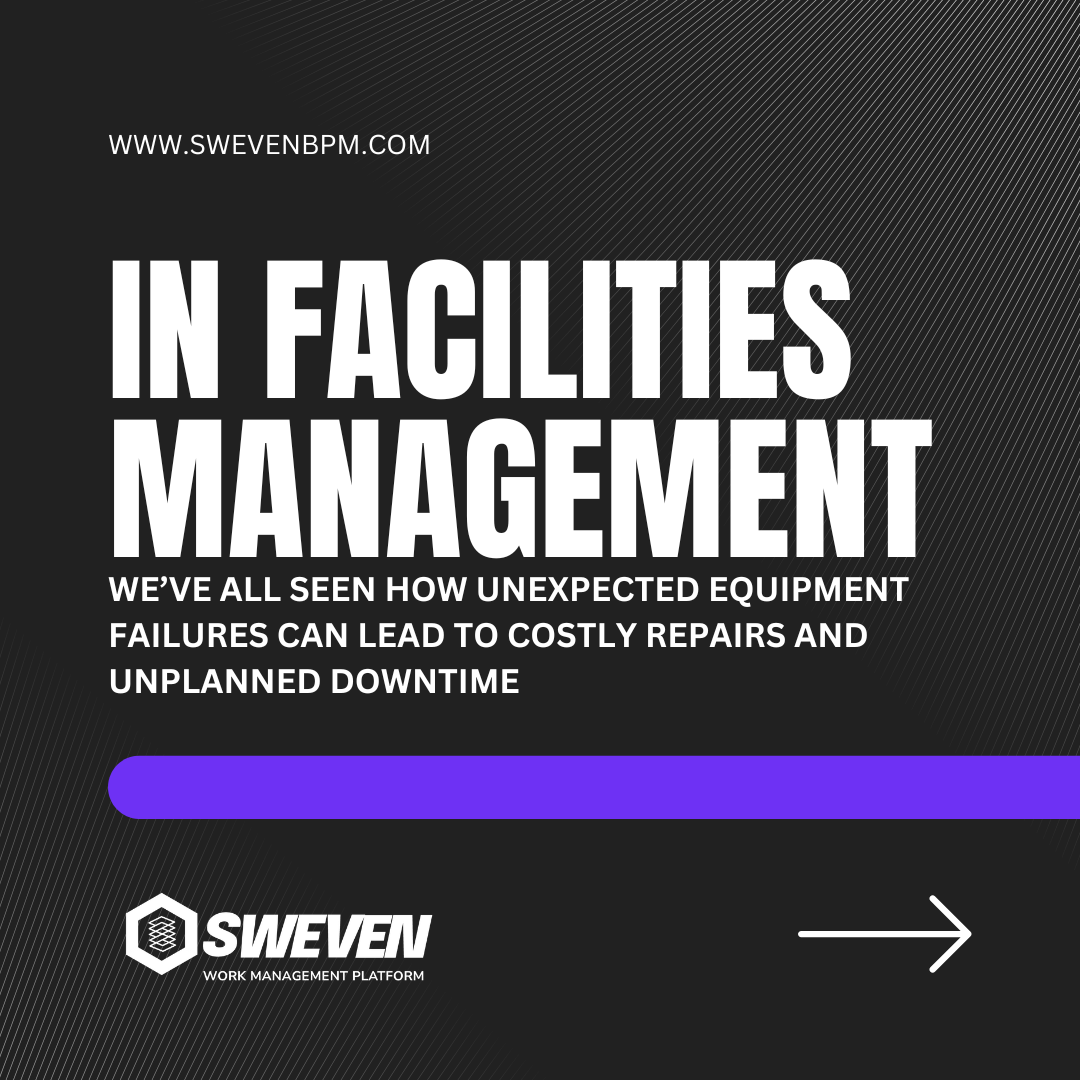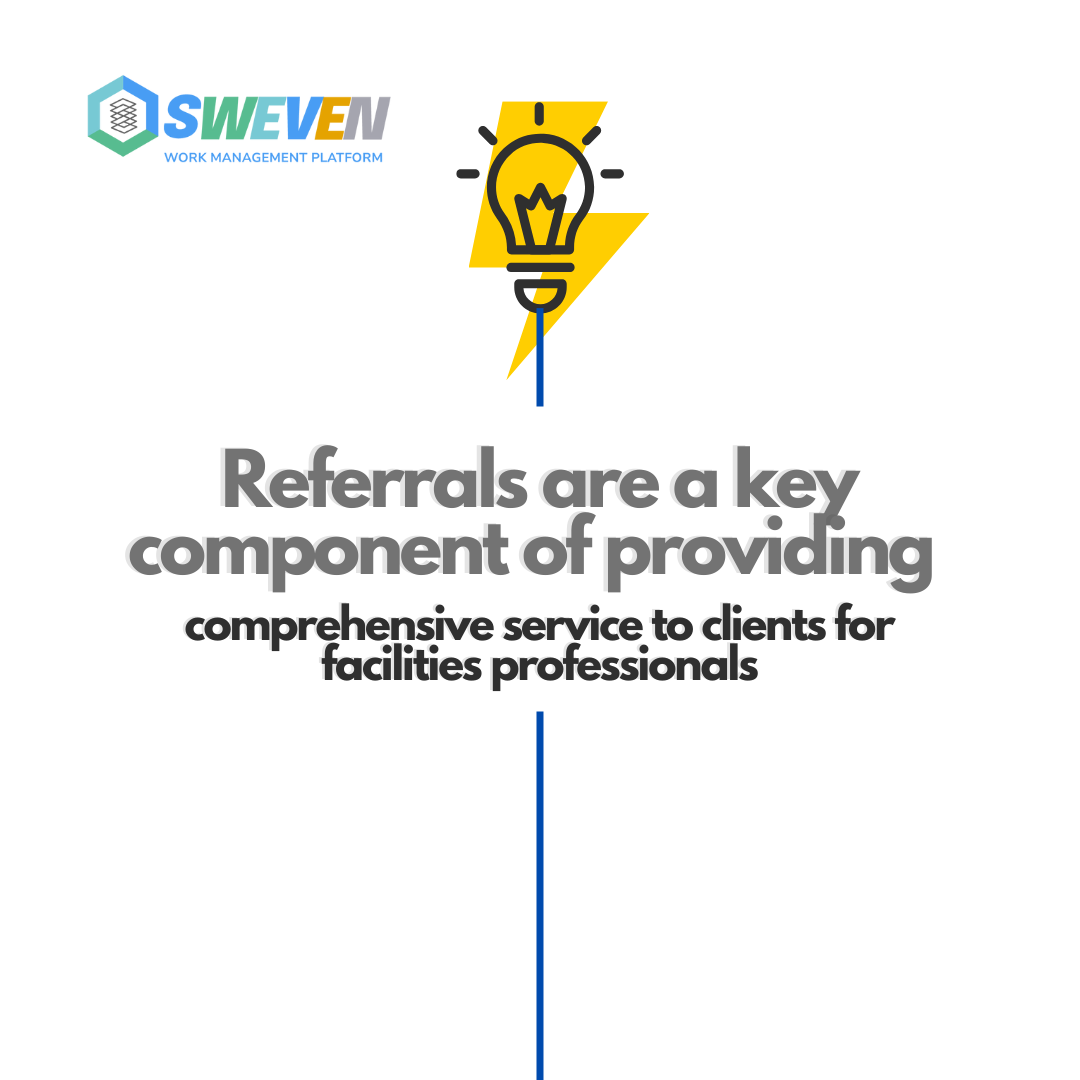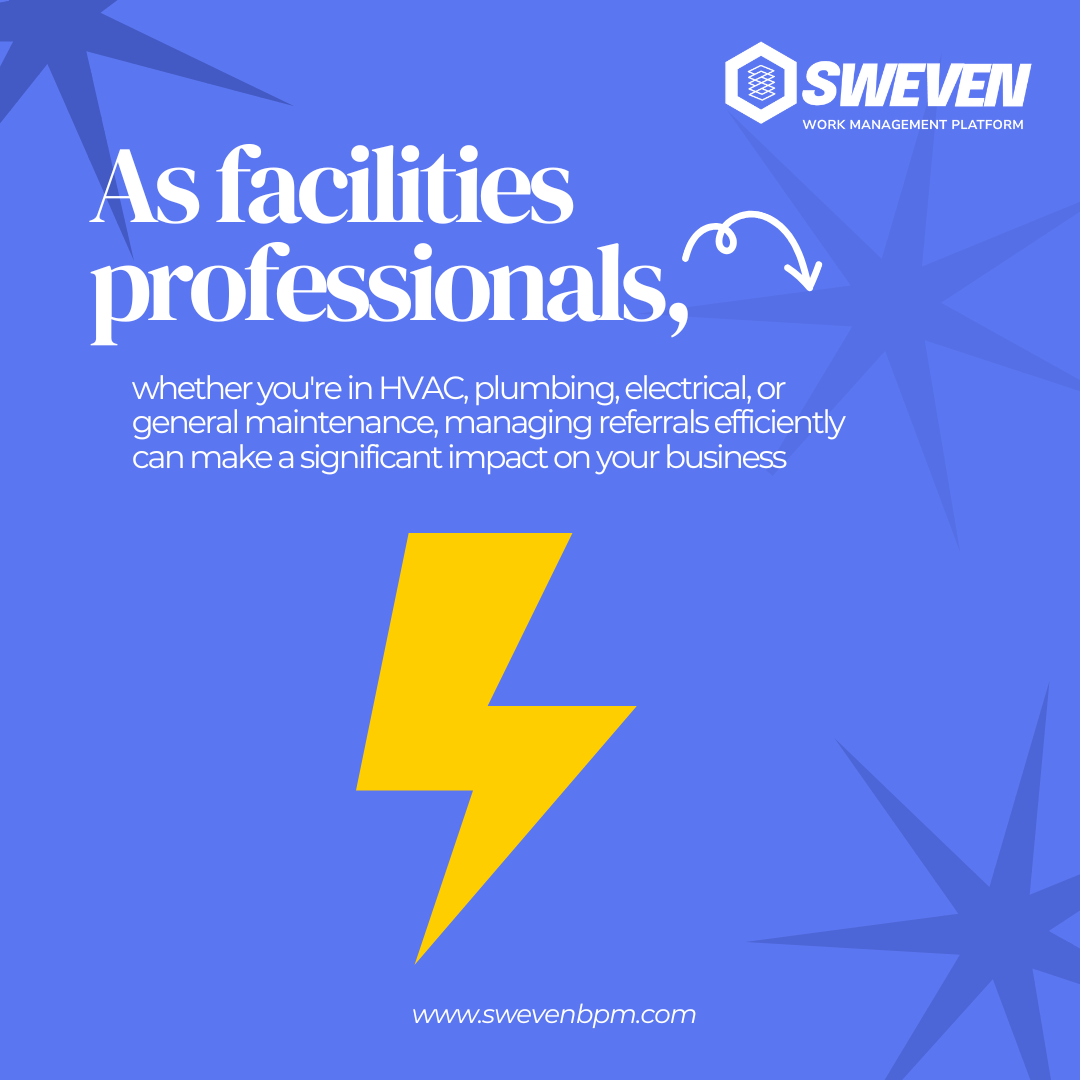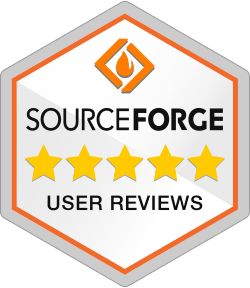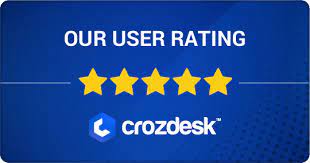
As a facility manager, you are likely juggling multiple priorities—keeping operational costs low while striving to meet sustainability goals. With energy costs on the rise and increasing pressure to reduce environmental impact, striking the right balance can be challenging. However, with the right tools and strategies, it is possible to achieve both objectives without compromising on either.
The Challenge: Balancing Costs and Sustainability
Energy consumption is one of the largest operational expenses for any facility. Whether it’s a commercial building, manufacturing plant, or educational institution, the need to power lighting, heating, cooling, and machinery is constant. At the same time, there is growing pressure from stakeholders, regulators, and the community to reduce carbon footprints and adopt sustainable practices.
The challenge lies in the fact that energy-efficient technologies and practices often require upfront investment. While these investments can lead to long-term savings, the initial costs can be a significant barrier, especially when budgets are tight. Additionally, the complexity of managing energy consumption across different systems and facilities can make it difficult to identify where efficiencies can be gained.
The Solution: Integrated Building Performance Management with SwevenBPM
This is where SwevenBPM comes into play. SwevenBPM is a comprehensive Building Performance Management (BPM) solution that helps facility managers like you balance energy costs with sustainability goals through smart, data-driven decision-making.

1. Energy Monitoring and Optimization
SwevenBPM provides real-time energy monitoring across all your facility’s systems. By collecting and analyzing data on energy usage, it helps you identify areas where energy is being wasted and where efficiency can be improved. For example, if your HVAC system is consuming more energy than necessary during off-peak hours, SwevenBPM can flag this and suggest adjustments to reduce consumption.
With its predictive analytics capabilities, SwevenBPM can also forecast energy demand based on historical data and external factors such as weather conditions. This allows you to optimize energy usage proactively, reducing costs without compromising comfort or productivity.
2. Sustainability Tracking and Reporting
Sustainability is not just about reducing energy consumption; it’s also about tracking and reporting progress towards your sustainability goals. SwevenBPM makes this easy by providing detailed reports on your facility’s energy performance and carbon footprint. These reports can be customized to meet the needs of different stakeholders, from executives to regulatory bodies.
Moreover, SwevenBPM’s sustainability dashboard offers a clear, visual representation of your facility’s progress towards sustainability goals. This transparency not only helps in meeting regulatory requirements but also enhances your facility’s reputation as a responsible and forward-thinking organization.
3. Cost-Benefit Analysis for Sustainable Investments
One of the biggest hurdles to adopting sustainable practices is the upfront cost. SwevenBPM addresses this by offering tools for cost-benefit analysis of potential investments. Whether you’re considering upgrading to energy-efficient lighting, installing solar panels, or implementing a demand response program, SwevenBPM can help you evaluate the financial and environmental benefits of each option.
By providing a clear picture of the return on investment (ROI) for sustainable technologies, SwevenBPM empowers you to make informed decisions that align with both your budget and your sustainability goals.
4. Integration with Existing Systems
SwevenBPM is designed to integrate seamlessly with your existing Building Management Systems (BMS) and other facility management tools. This means you can leverage your current infrastructure while gaining new insights and capabilities. The integration also allows for centralized control and monitoring, making it easier to manage energy consumption and sustainability across multiple facilities.
